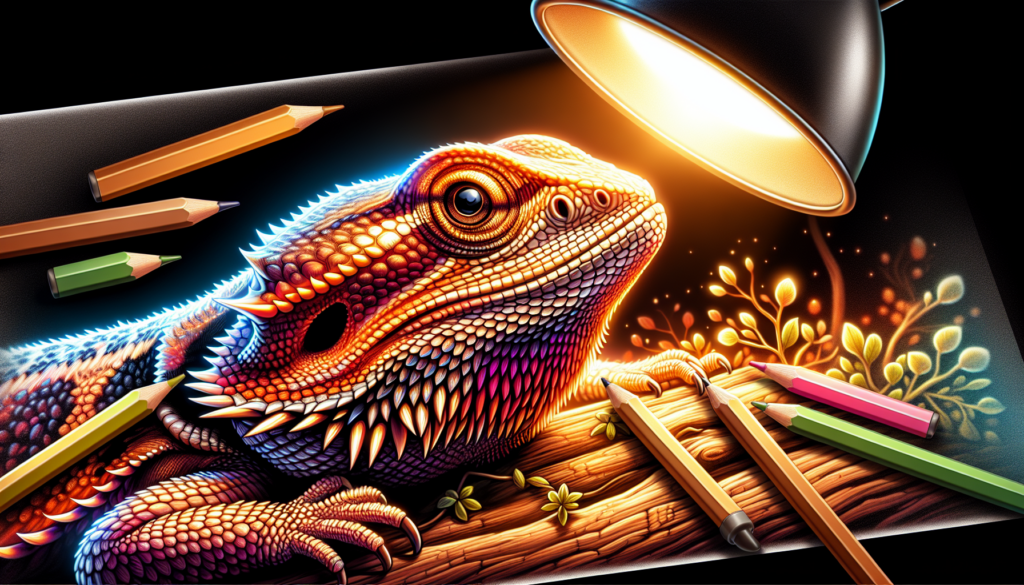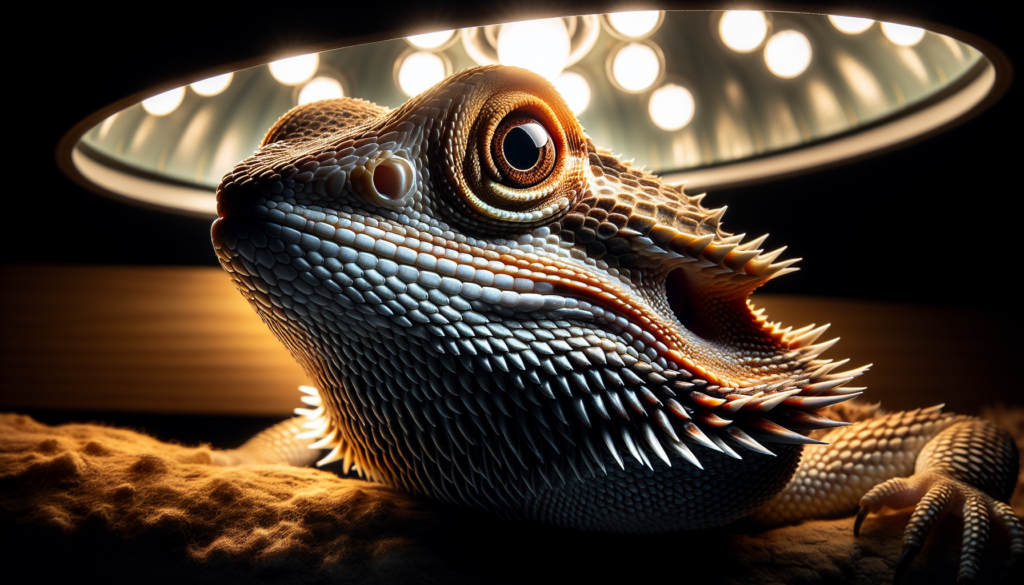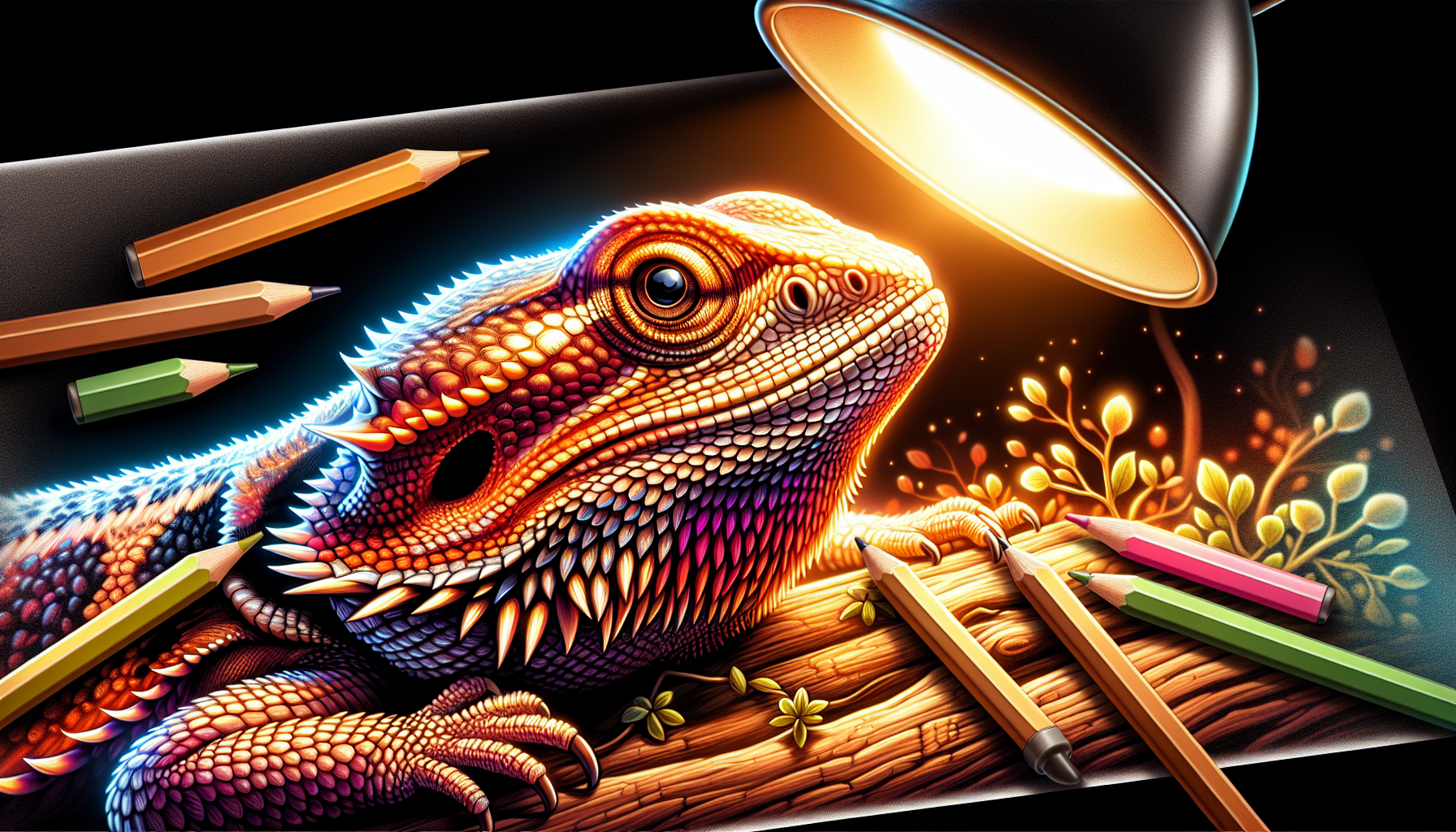Imagine having a scaly, four-legged companion that could potentially be with you for three decades. That’s right, we’re talking about bearded dragons! These fascinating reptiles have captured the hearts of pet owners worldwide. But can they truly stand the test of time? In this article, we’ll explore the intriguing question of whether a bearded dragon can live for 30 years. So, if you’re a proud reptile lover or simply curious about these majestic creatures, keep reading to discover the incredible lifespan potential of these bearded wonders!
Can a Bearded Dragon Live for 30 Years?
Understanding Bearded Dragons
Bearded dragons, also known as Pogona vitticeps, are fascinating reptiles that make popular pets. Native to the arid regions of Australia, these lizards have gained popularity worldwide due to their unique appearance and docile nature. As a potential bearded dragon owner, it is important to understand their needs and requirements to ensure a happy and healthy life for your scaly friend.
Lifespan of Bearded Dragons
Bearded dragons have a surprisingly long lifespan for reptiles, with an average life expectancy of around 10 to 15 years. However, with proper care and attention, it is not uncommon for these creatures to live well into their 20s or even reach the impressive milestone of 30 years. This extended lifespan can be attributed to various factors that contribute to their overall well-being.

Factors Affecting Bearded Dragon Lifespan
Several factors play a significant role in determining the lifespan of a bearded dragon. One of the primary factors is genetics. Some bearded dragons may have inherited a longer lifespan due to their specific lineage, while others may have a shorter lifespan. Additionally, the care and environment provided by their owners greatly influence their longevity. Proper nutrition, habitat conditions, social interaction, and healthcare are all crucial aspects that impact the lifespan of these reptiles.
Proper Care for a Long Lifespan
To ensure your bearded dragon lives a long and healthy life, it is essential to provide proper care and meet their specific needs. This includes creating an environment that closely resembles their natural habitat, maintaining suitable temperatures and lighting, offering a balanced diet, and providing mental stimulation through social interaction and environmental enrichment.

Choosing a Healthy Bearded Dragon
Selecting a healthy bearded dragon is crucial to start off on the right foot and set the stage for a long lifespan. When choosing a bearded dragon, it is important to opt for a reputable breeder or a pet store with knowledgeable staff. Look for a dragon that appears alert, has clear eyes, healthy skin, and a robust body structure. Avoid dragons with signs of illness or lethargy, as they may have underlying health issues that could impact their lifespan.
Feeding and Nutrition
Proper nutrition is vital for the development and well-being of bearded dragons. These omnivorous reptiles require a varied diet consisting of both plant matter and insects. The primary component of their diet should consist of leafy greens such as collard greens, dandelion greens, and mustard greens. Additionally, they should be fed a variety of vegetables, fruits, and a moderate amount of high-quality insects like crickets and mealworms. Calcium and vitamin supplements should also be provided to ensure proper growth and bone health.
Habitat and Environment
Creating a suitable habitat for your bearded dragon is essential for their overall health and longevity. Enclosures for bearded dragons should be spacious enough to allow for movement and should include a basking area, a cooler section, and hiding places. The substrate should be safe and easy to clean, such as reptile carpet or ceramic tiles. Providing appropriate climbing structures, such as branches or rocks, will also promote physical activity and mental stimulation.
Temperature and Lighting
Bearded dragons are ectothermic, meaning they rely on external heat sources to regulate their body temperature. Maintaining the correct temperature gradient is crucial for their health and survival. A basking spot should be provided with a temperature of around 95-105°F (35-40°C), while the cooler end of the enclosure should range from 75-85°F (24-29°C). Furthermore, it is important to provide a UVB light source to ensure the synthesis of vitamin D3 and proper calcium absorption, leading to healthy bone development.
Social Interaction and Mental Stimulation
Bearded dragons are known for their sociable nature and can form strong bonds with their owners. Regular social interaction is important to promote mental stimulation and overall well-being. Handling your bearded dragon gently and frequently will help build trust and prevent stress. Providing environmental enrichment, such as introducing new objects or rearranging the enclosure, can also stimulate their curious minds and enhance their quality of life.
Common Health Issues and Problems
While bearded dragons are generally hardy reptiles, they are still susceptible to certain health issues and problems. Some common ailments include metabolic bone disease, respiratory infections, parasites, and digestive issues. Regular visits to a reptile veterinarian, along with proper hygiene practices, can help prevent and detect these issues early on. Being attentive to your pet’s behavior, appetite, and overall appearance will allow you to identify any potential health concerns and provide the necessary care promptly.
In conclusion, while the average lifespan of a bearded dragon may be around 10 to 15 years, with optimal care and attention, these remarkable reptiles can live well beyond their expected lifespan. By understanding their specific needs, providing a suitable habitat, ensuring proper nutrition and lighting, and offering social interaction and mental stimulation, you can greatly contribute to the longevity and well-being of your beloved bearded dragon companion. Remember, each dragon is unique, and providing individualized care will go a long way in ensuring they live a happy and healthy life for many years to come.
